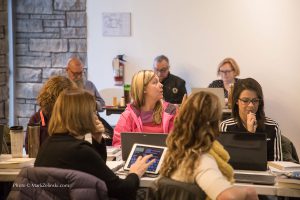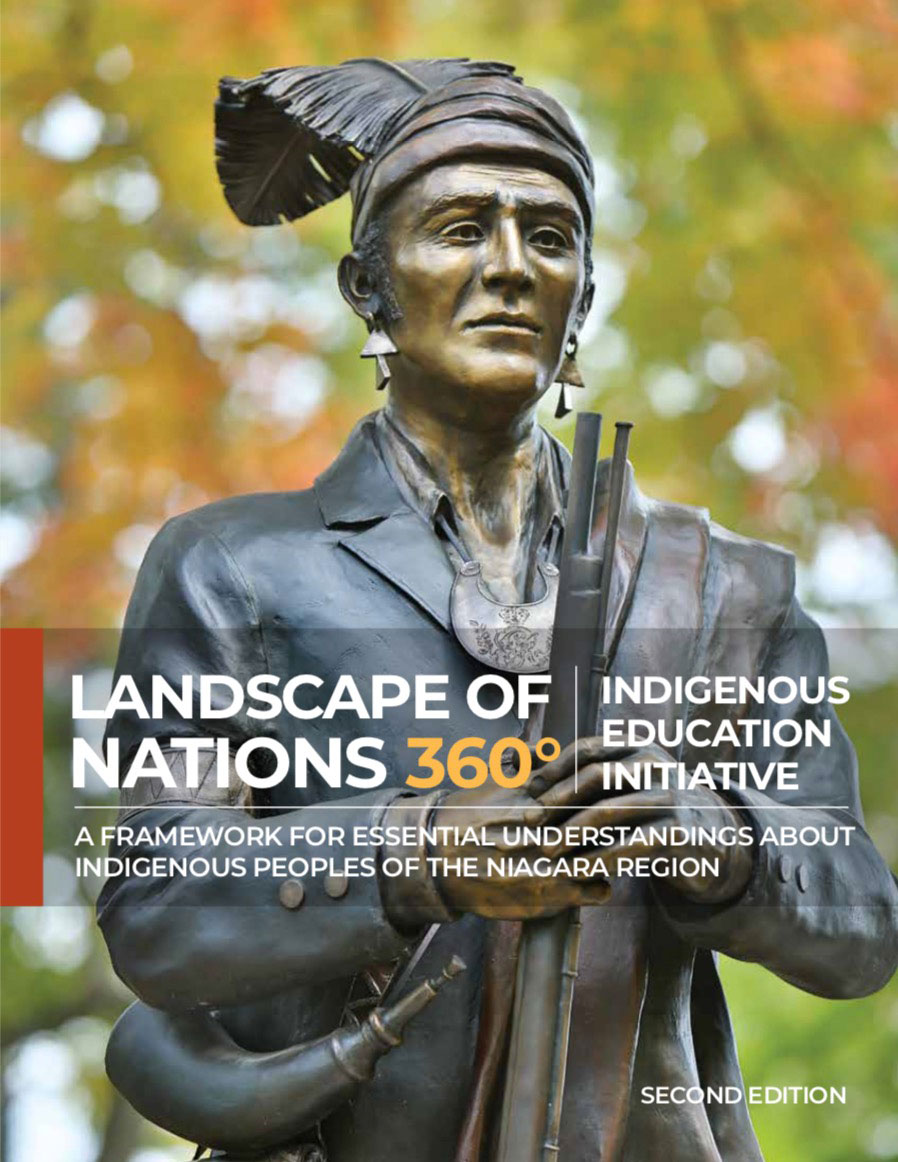Professional Development
When teachers are planning what students will learn, they identify the main concepts and skills in curriculum documents and consider how students will apply the learning. As teachers plan the framework of a unit, they consider a variety of experiences, resources, knowledge and assessments, to allow students to meaningfully develop competence. The Ten Essential Understandings should be considered in the search for materials to deliver and promote learning about Indigenous history, perspectives and knowledge; indeed, there are numerous curriculum connections which provide an authentic context to help students see the relevance of what they are learning and make direct connections between their learning and the ‘real world.’ This integration of current affairs and historical events will assist students in learning about diverse perspectives and help them make connections between their classes and local events, developments, and issues. To assist teachers in their planning, the document, Framework for Essential Understandings, connects specific expectations from various elementary and secondary curriculums with the Key Concepts of the Ten Essential Understandings about Indigenous life, history, and perspectives.
Teachers were themselves taught with the same inaccuracies and incomplete materials that have produced the widespread misunderstanding of Indigenous peoples within Canadian society. Working under the demands of testing and curriculum guidelines they have few opportunities to rectify their own lack of knowledge and confidence in teaching about Indigenous subject matter. Professional development that meets teachers where they are can help transform teaching on subjects that will benefit from the inclusion of Indigenous knowledge and perspective. Teacher training is therefore the key element of LON 360°.
The LON 360° Indigenous Education Initiative works closely with scholars, master teachers, educators, cultural specialists, and educational leaders to align and integrate knowledge, cultural competency instruction, and enhancement materials within the new and improved standards set for Indigenous subject matter within the Ontario provincial curriculum.
Keep Exploring

I. Indigenous Legacy Through the Mist of Time
I. INDIGENOUS LEGACY THROUGH THE MIST OF TIME A. Introduction and Orientation to Indigenous Subject Matter in Niagara From the earliest inhabitation of the Niagara Region by Indigenous peoples some 13,000 years ago, through the history of engagement between First Nations themselves and then between First Nations and Europeans, the outcomes of these encounters created […] READ MORE

